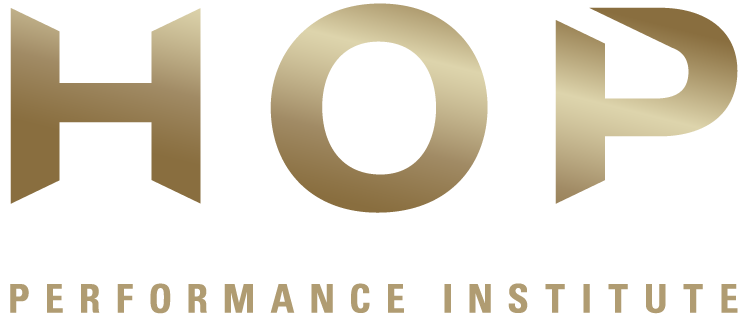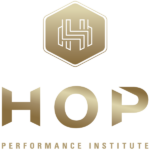Gary Latham is a Professor of Organization Excellence at the University of Toronto. He is a fellow of the American Psychological Association, Association for Psychological Science, Academy of Management, CPA, National Academy of Human Resources, SIOP, and the Royal Society of Canada. He joins Corey for a deep dive into goal setting, specifically around researched goal-setting theory, happiness as it relates to success, and how goal-setting theory works in the world of sports psychology.
Founder’s Story (2:10)
Started in Dalhousie University psychology labs with Bill Roman and was “bitten by the research bug”
Goal Setting Theory
Continued to do research with Bill Roman on difference between effective and ineffective workers
Started publishing with Ed Locke (Co-Author of Goal Setting Theory) in 1974 and first published work together was in 1975
What is Goal Setting Theory? (6:40)
Abstract versus specific, high (difficult) goals and how specific and difficult goals lead to higher performance
SMART Goals (8:13)
Importance in both academia and practice – Goal Setting Theory (GST) is ranked #1 in theory and #1 in practice
Participation in decision making has no affect unless those lead to commitment to a specific goal
Factors that need to be taken into account: 1. Ability, 2. Commitment, 3. Personal Relevance, 4. There has to be a timeframe, 5. Need the resources to accomplish the task
Value of Feedback and Coaching (10:47)
Let individuals know if they are on track or not
Feedbacks is 1. Informational & 2. Motivational
Coaching and feedback also helps set sub goals on complex tasks
*Goal setting without feedback has little effect
Mediators and Moderators (12:00)
Mediator is “what explains the effect” . Mediators for GST include 1. choice/focus, 2. Effort, 3. Persistence, 4. Strategy or plan to achieve the goal
Moderator is boundary conditions (“on condition that”)
Task Confidence/Self Efficacy/Grit
This is the “Yes I Can” attitude
Self efficacy is critical to resiliency and being able to maintain commitment when faced with challenges and obstacles
Resiliency is the outcome of grit and self efficacy.
Talked about perils of lack of competition
Higher Order Goals (21:25)
Much like vision statements but need specific goals to support them
Performance Goals – outcome goals. Only set if you have the ability otherwise need to set sub goals and/or learning goals.
Learning Goals – decisions, process, & procedures to accomplish a task. Carol Dweck describes these as traits in her work with children but Gary referred to them as a state and how this is part of the choice in GST.
Behaviour Goals – Not all goals have a “bottom line”. Some are about behaviour modification and alignment to other values and beliefs
Avoid attitudinal goals like “I will do my best to…”
Conscious/Subconscious Goals (29:40)
How you can “prime” and how that influences behaviour and outcomes
Examples included achievement oriented language and imagery and how this increased employee performance without them being consciously aware of the language cues and imagery. Language like strive, achieve, pursue led to way outperforming those not “primed.”
Can also include environmental influence and cues (i.e. production is greater on sunny days versus rainy days)
You can only prime what people value (stored in the subconscious)
High Performance of Goal Setting Theory
Developed in the 1990’s and been tested and validated a number of times since then by other researchers but not updated or added to since the original came out.
Latest Research – Organizational Justice Theory (36:30)
This theory states that in addition to being fair we need to be seen as being fair. This theory gives the ways of gaining trust. Leading researcher in this field is Rob Folger.
Bridging The Gap Between Academia and Industry (38:00)
What we can do as practitioners and researchers to bridge the gap. We need become “Bilingiual” stylistically and be able to operate and borrow from both.
The public and industry needs better access to the research that exists. The problem lies with how academia rewards professors and academia’s focus and it will take pressure on business Deans.
Goal Setting Theory and Sports Psychology (41:45)
The “old days” of annual performance appraisals are insufficient and show no enduring positive effect.
We can borrow the following from sports psychology when setting goals. First, they recognize the importance of ongoing feedback and coaching. Second, they realize the need to find ways to build confidence. Last, they continually have clients thinking and stretching the limits of what is possible.
Happiness and its relationship to success (44:48)
Happiness is an outcome and not a driver of performance. This is an area of research Gary has studied since 1960, with Dr. Beach from Dalhousie University, and it is an area that has been studied extensively since the 1930’s.
When you do well it makes you happy
Team Cohesion and Teamwork
In corporate work teamwork is needed. Individual goals need to be tied to corporate goals. Goal alignment is a must!
In academia they reward individual performance and it leads to low team cohesion
Personal Success Habits (52:30)
Write a list of 3 to 5 things each day that he wants to accomplish. Keeps him from meandering and losing his way.
100th Birthday (54:25)
“My work had an impact, I was a great grampy, and I was great to my doctoral students.”

